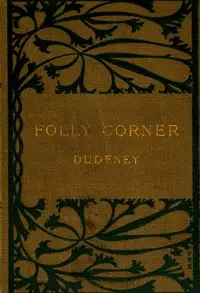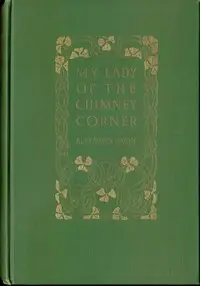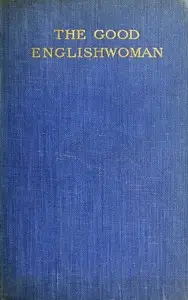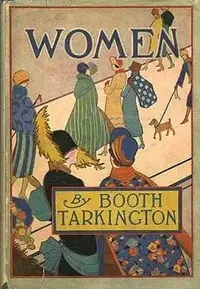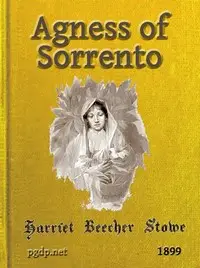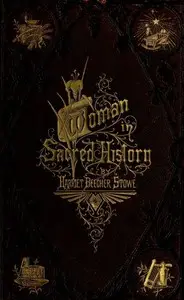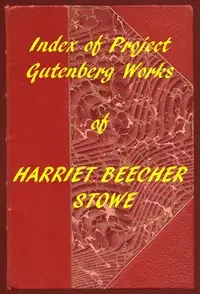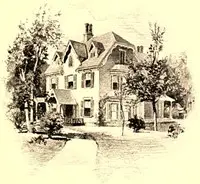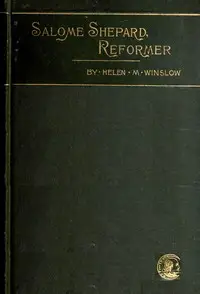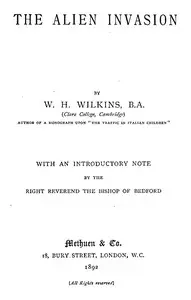"The Chimney-Corner" by Harriet Beecher Stowe is a story set in an older time, probably the late 1800s that shows how hard it could be for women. It's mostly about a man named Christopher Crowfield who thinks a lot about how women need good jobs and a way to make a living. Early in the story, Christopher and his wife talk about a young woman who is having a tough time because she has no husband and has to take care of her family all alone. They feel bad for her and want to help, but it's hard because people had strict ideas about what women could do back then. Their talk turns into a bigger conversation about what women's roles are in society, touching on important questions about work, being respected, and having dignity at home.
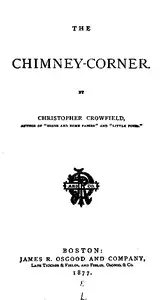
The Chimney-Corner
By Harriet Beecher Stowe
Amid societal constraints, a compassionate couple navigates the complexities of a young woman's struggle, sparking a dialogue about work, dignity, and the evolving roles of women.
Summary
About the AuthorHarriet Elisabeth Beecher Stowe was an American author and abolitionist. She came from the religious Beecher family and wrote the popular novel Uncle Tom's Cabin (1852), which depicts the harsh conditions experienced by enslaved African Americans. The book reached an audience of millions as a novel and play, and became influential in the United States and in Great Britain, energizing anti-slavery forces in the American North, while provoking widespread anger in the South. Stowe wrote 30 books, including novels, three travel memoirs, and collections of articles and letters. She was influential both for her writings as well as for her public stances and debates on social issues of the day.
Harriet Elisabeth Beecher Stowe was an American author and abolitionist. She came from the religious Beecher family and wrote the popular novel Uncle Tom's Cabin (1852), which depicts the harsh conditions experienced by enslaved African Americans. The book reached an audience of millions as a novel and play, and became influential in the United States and in Great Britain, energizing anti-slavery forces in the American North, while provoking widespread anger in the South. Stowe wrote 30 books, including novels, three travel memoirs, and collections of articles and letters. She was influential both for her writings as well as for her public stances and debates on social issues of the day.

